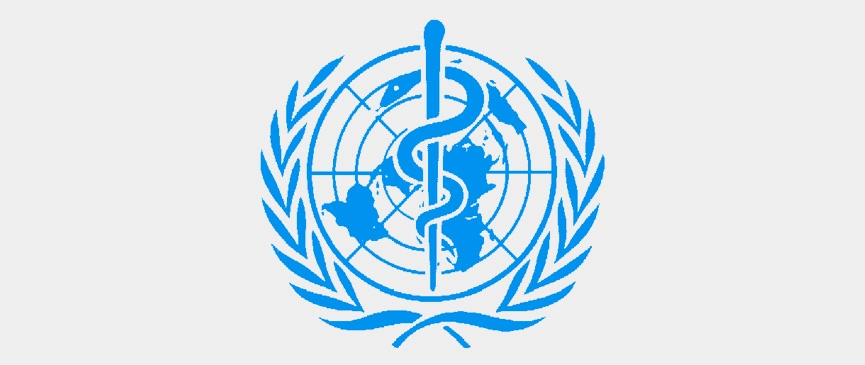Main content
World Health Organization Prince of Asturias Award for International Cooperation 2009

With its headquarters in Geneva (Switzerland), the WHO is the directing and coordinating authority for health within the United Nations. It is responsible for shaping the health research agenda, setting norms and standards, articulating evidence-based policy options and providing technical support to countries. It is currently made up of 193 Member States and two Associate Members who meet yearly at the World Health Assembly to establish its general policies, its budget and, every 5 years, its Director-General.
The WHO came into force on the first World Health Day (7th April 1947). In its first World Assembly the International Classification of Diseases (ICD) was drawn up, which has become the international standard classification for all general epidemiological and clinical use. The WHO initially addressed malaria, tuberculosis, sexually-transmitted diseases, mother and child health, nutrition and sanitation, and continues to do so today. One of its first aims was to fight the Pian disease, which causes paralysis and deformity and which affected 50 million people in 1950, a number which by 1965 had been reduced by 95%.
Amongst the WHO's biggest achievements are the eradication of smallpox and the reduction of cases of poliomyelitis by more than 99%. One of its most important objectives is the prevention of infectious diseases such as aids, tuberculosis and malaria, which kill 6 million people each year. In 2003 a new framework for an agreement on tobacco control was established, aiming to reduce the number of diseases and deaths that are related to this habit. In 2004, the WHO published its As a result of their efforts to enhance the public health systems, the WHO has contributed considerably towards reducing the mortality rate in children under 5.
The WHO also focuses on combating aids, as well as preventing the global spread of infectious diseases. By means of the International Health Regulations (IHR), the WHO provides a global framework to detect an epidemic outbreak and prevent it from spreading.
In the words of the Nobel Peace Prize laureate Desmond Tutu "it reaffirms the right of all people to the highest standard of health". Important figures have showed their support at the World Assembly, such as former president of the United States Jimmy Carter; Bill Gates, co-founder of the Bill and Melinda Gates Foundation; H.R.H. Prince Charles of England; Jens Stoltenberg, Norway's prime minister, and H.R.H. Princess Muna Al Hussein of Jordan.
Margaret Chan (China, 1947) was appointed to the post of Director-General of the WHO in 2006. Her term as Director will conclude in June 2012. She obtained her medical degree from the University of Western Ontario (Canada). She joined the Hong Kong Department of Health in 1978, and was appointed its Director of Health from 1994 to 2003. During this time, she effectively managed the first outbreaks of avian influenza from the H5N1 virus in humans (in 1997) and she successfully defeated the severe acute respiratory syndrome (SARS) in Hong Kong in 2003. She began to work for WHO that year in different posts like Director of the Departments for the Protection of the Human Environment and Communicable Diseases: Surveillance and Response, as well as representative of the Director-General for Pandemic Influenza and assistant Director-General for Communicable Diseases. Its current president is Tedros Adhanom Ghebreyesus.
End of main content
